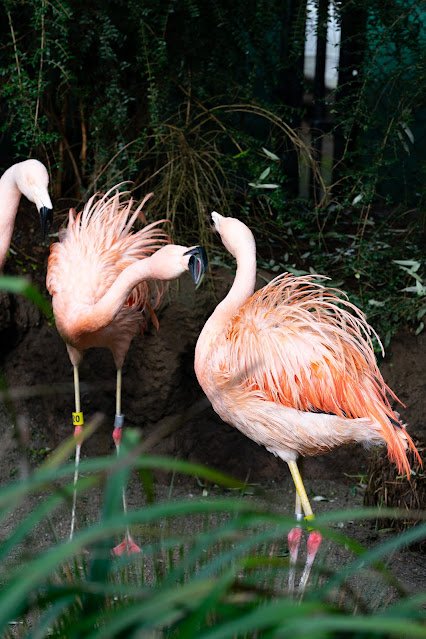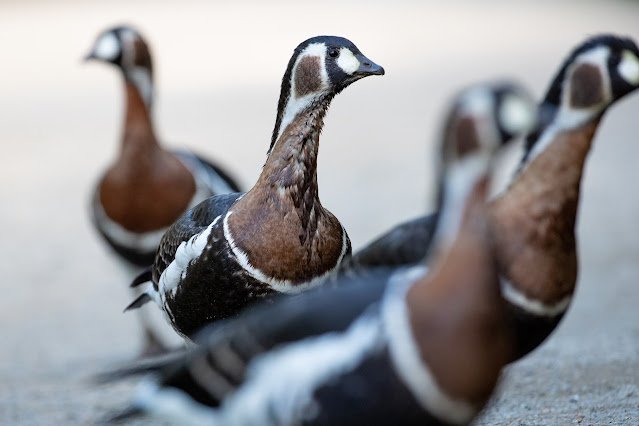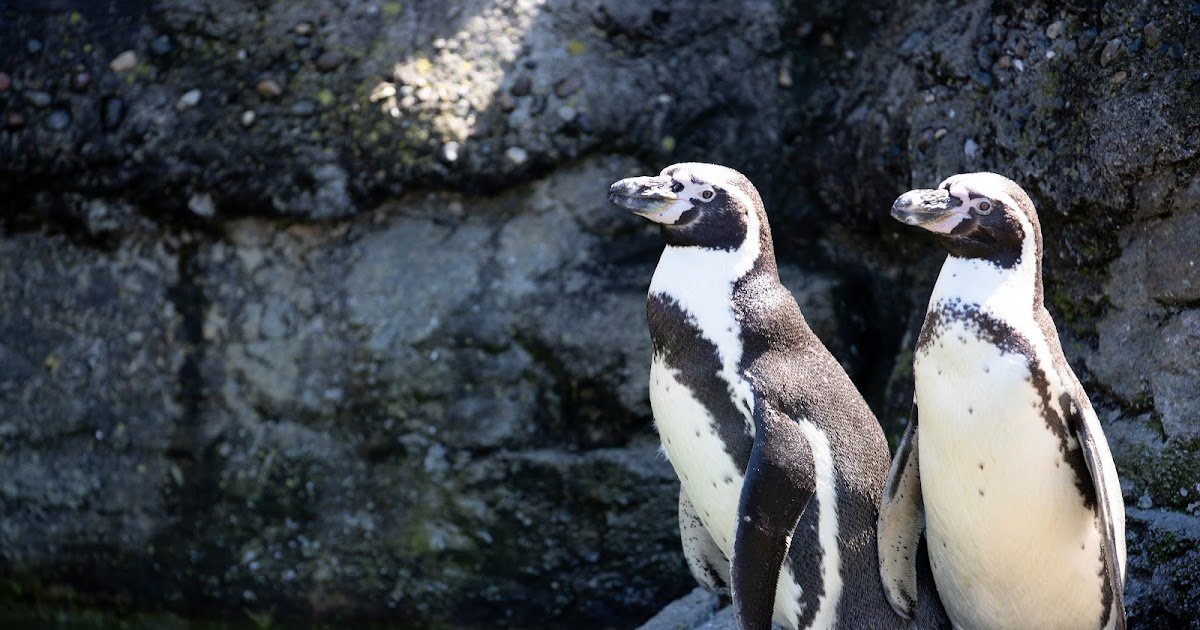Posted by Woodland Park Zoo Communications -Staff
| Humboldt Penguins of Jeremy Dwyer-Lindgren/Woodland Park Zoo |
New proactive, preventative measures to protect zoological birds from HPAI As an increased measure to protect its birds from very pathogenic avian influenza (HPAI), Woodland Park Zoo Proactively will move some species at the zoo. To protect flamingos and some crane species living in open habitats, these birds will be moved into more protective housing temporarily to prevent contact with wild mallards and other waterfowl.
Penguins remain outdoors for now, as their pool and food sources do not pull mallards in their habitats.
We value the patience of our society and guests, who may miss seeing these beautiful birds for a while, but who understand the importance of keeping them in safety.
 |
| Chilean Flamingos, Annie Kwan/Woodland Park Zoo |
On November 14, the zoo received a confirmation that a red -breasted goose had died earlier in HPAI’s week. The name of this goose was “HMB”, which stood for “Husky Marching Band” because he had a high-step walk that reminded his caregiver of her time in the marching band.
Around the same time as Hmbs died, another goose died in the same bunch, named Ketchup. The laboratory initially reported the positive test for HMB, with test results still pending at the time of ketchup. Ketchup’s case has subsequently been confirmed as HPAI.
There are 11 additional geese that were in a bunch of HMB and Ketchup, including nine red breast geese and two empire geese. Gees flock lived in an off-view area behind the scenes and did not have contact with the public or with other birds living at the zoo.
 |
| Red Breast Geese, Jeremy Dwyer-Lindgren/Woodland Park Zoo |
Zoo does not deliver daily updates about individual birds. Updates are shared if significant changes occur.
To read more background on HPAI, read our last blog update: https://blog.zoo.org/2024/11/confirmed-avian-flu-case-twoodland.html
